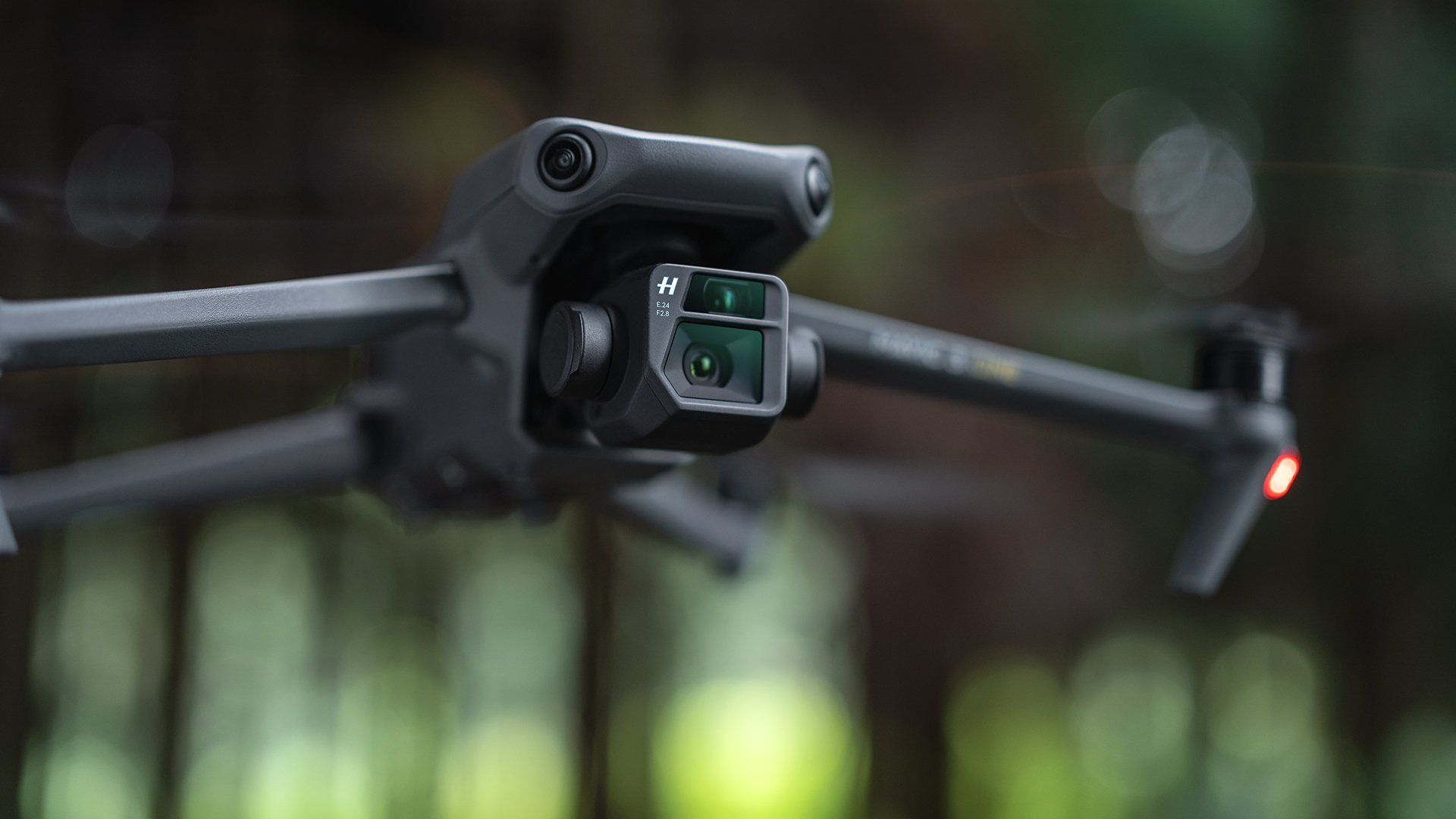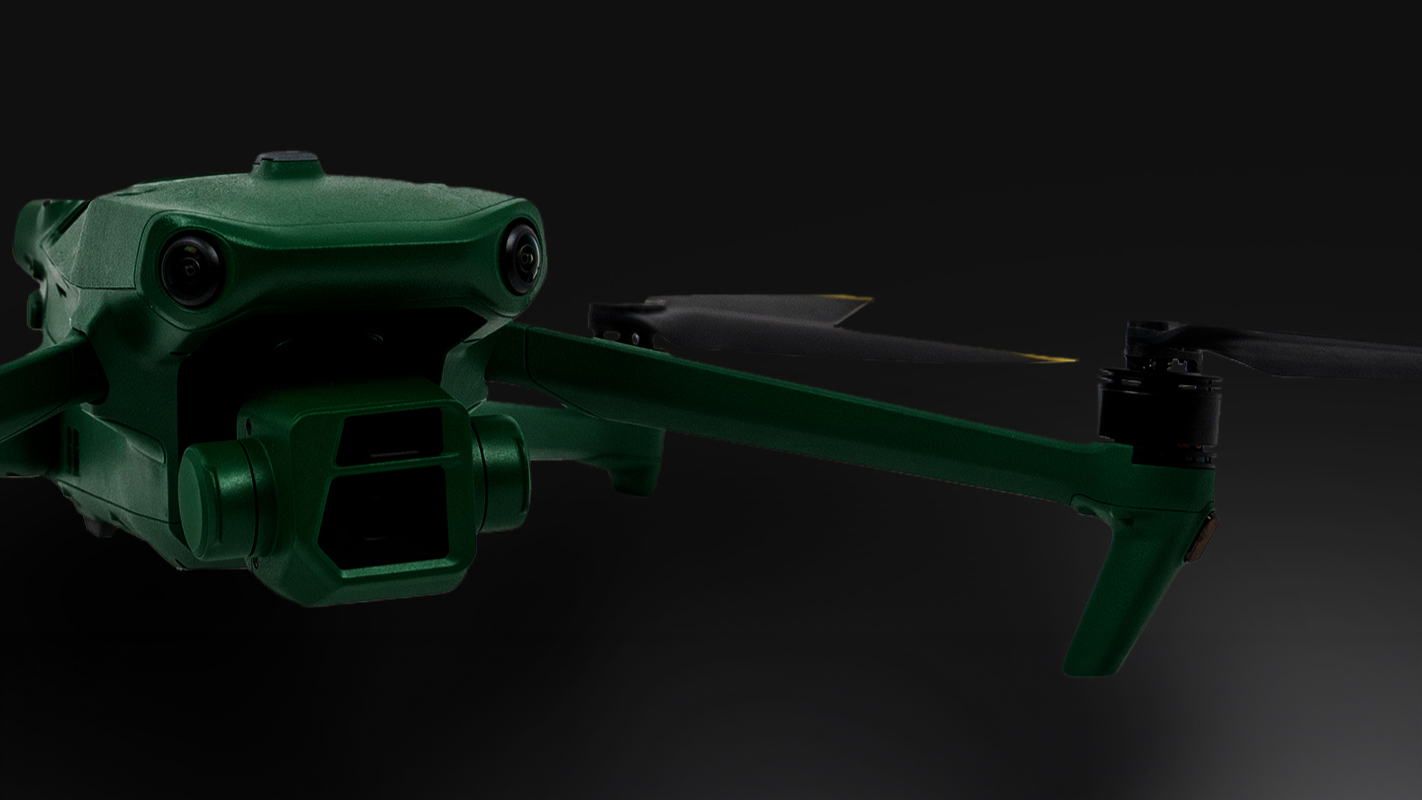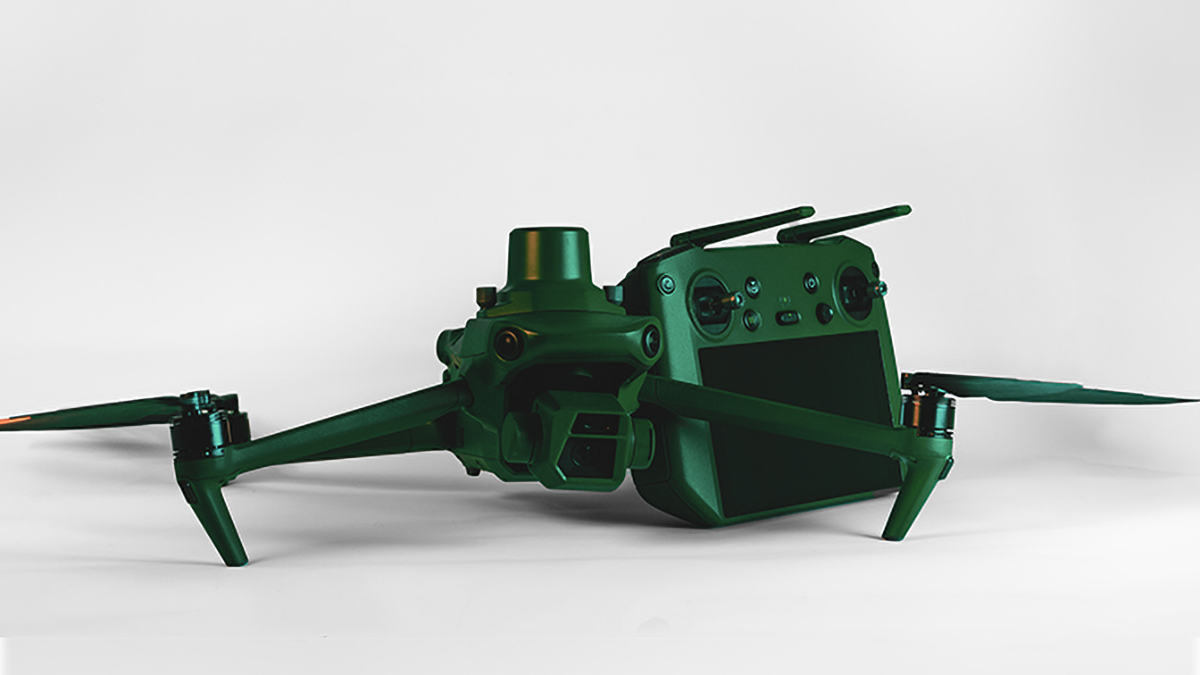DJI drones just got a new rival in the US that licenses… DJI technology
Anzu Robotics emerges as a DJI alternative in the US

There's no doubt about it – DJI is the industry-leading maker of the best drones. However, if you're in the US that's a problem because of the uncertainty around future restrictions and current bans on Chinese-made drone tech amid data security concerns. Cue Anzu Robotics, a new name in the drone space and a DJI alternative that actually uses DJI tech.
Launched by former Autel Robotics CEO Randal Warnas, the new company Anzu Robotics has fast-tracked the creation of high-quality drones by licensing proven DJI drone technology. In a one-time deal for its new Raptor series of drones (and no ongoing DJI partnership being reported), Anzu Robotics has used DJI Mavic 3 Enterprise hardware: a highly-rated professional folding drone from 2022 with superb 20MP micro four thirds sensor.
If Raptor drones use DJI tech, how does it avoid restrictions in US air space? Well, the drones are manufactured outside of China in Malaysia and use domestically-developed software created in collaboration with Aloft Technologies.
This ingenious approach takes advantage of the best technology from the drone industry leader DJI, while circumventing potential bans and current restrictions imposed on Chinese-tech in the US. DJI has now lashed out at this potential US ban, with a spokesperson calling it "a dangerous precedent for allowing baseless allegations and xenophohic fears".

It's a move that could have Skydio and Brinc sweating. The two US-based drone makers have benefitted from DJI's recent troubles in the US, with a recent Congressional bill proposing a complete ban on DJI drones in federal government bodies including the armed forces, plus geofencing for public safety departments such as the fire service. Consequently, Skydio ceased production of its consumer drones to focus on the lucrative commercial and government markets where DJI drones are banned or facing bans.
Skydio and Brinc professional drones are also super expensive, and Anzu Robotics is looking to disrupt the US-based drone market by undercutting its rivals with new drones that use industry-leading DJI tech. Many such companies that previously used DJI drones and are familiar with the tech have been forced to close down their fleets. For them, Anzu Robotics would be the compelling choice to take to the US skies once more.
Raptor drones start at $5,000 (around £4,000 / AU$7,790) which is more than double what you pay for the DJI Mavic 3 that the Raptors' hardware is based on. It's the steep price that US-based agencies could have to pay to avoid the restrictions on Chinese drone tech.
Get daily insight, inspiration and deals in your inbox
Sign up for breaking news, reviews, opinion, top tech deals, and more.

The ongoing DJI saga
We've been reporting about a DJI ban in the US for years. In 2024, it's still not a total ban; consumers are able to use their DJI drones purchased on US soil. However, at the time of writing, a new push from a House of Representatives committee is calling for harsher tariffs on DJI drones and even a de facto ban for both enterprise and consumers owners.
It's clearly early days for Anzu Robotics and it's initially focusing on bringing the heat to Skydio and Brinc in the federal and public safety department markets. Who knows if it will branch out into the consumer space, or even if it needs to.
For now, there's a new Raptor series of drones built by a new company that drone specialist website DroneXL describes as having a 'competitive advantage' over Skydio and Brinc. Let's wait and see where this one goes.
You might also like

Tim is the Cameras editor at TechRadar. He has enjoyed more than 15 years in the photo video industry with most of those in the world of tech journalism. During his time as Deputy Technical Editor with Amateur Photographer, as a freelancer and consequently editor at Tech Radar, Tim has developed a deeply technical knowledge and practical experience with cameras, educating others through news, reviews and features. He’s also worked in video production for Studio 44 with clients including Canon, and volunteers his spare time to consult a non-profit, diverse stories team based in Nairobi. Tim is curious, a keen creative, avid footballer and runner, and moderate flat white drinker who has lived in Kenya and believes we have much to enjoy and learn from each other.